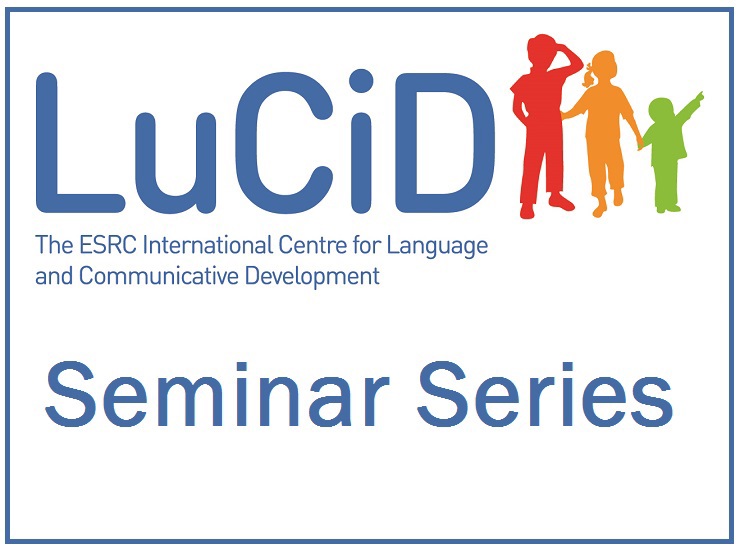
Prof Gert Westermann (Lancaster University) will give the next LuCiD seminar on Experience-dependent brain development as a way to understand systematicity in morphology acquisition. The seminar will take place from 11-12.30 on Tuesday 5th February at the University of Manchester.
Abstract
There has been a long debate on the mechanisms underlying the processing of the English past tense and other inflection paradigms. Dissociations between regular and irregular verbs have been reported in a large number of studies on language acquisition, adult generalization, break down after brain damage, and functional brain imaging. Dual-mechanism (also called Words-and-Rules) views hold that these dissociations are best explained by assuming two separate mechanisms: a rule for regulars and lexical storage for irregulars. In contrast, single-mechanism views, closely associated with connectionist neural networks, argue for a single mechanism as the basis for production of all forms, sometimes on the basis of phonological and semantic representations. I will review both approaches in light of current empirical evidence of past tense inflection. I will then present an alternative, third view which is based on the neuroconstructivist principle that interactions between a structured environment and experience-dependent brain development lead to processing structures that are specifically adapted to the task at hand. I will describe a neuroconstructivist neural network model that implements this view and discuss how it accounts for empirical data from development, aphasia and brain imaging. Finally, I will derive a theory of past tense processing based on the idea that experience-dependent brain development leads to graded dissociations between verbs that are easy and hard to process.
Venue: Samuel Alexander TH, Samuel Alexander Building, University of Manchester (Building 67 on the Campus Map)
